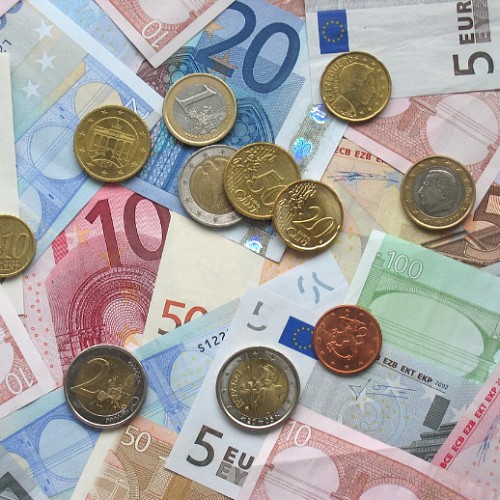News


Cash or cashless?
563,000: this is the number of counterfeit euro notes withdrawn from circulation in 2018.
Bank of Italy unveiled the figure just recently reporting the data referring to last year’s second semester, during which 262,000 counterfeit banknotes were intercepted, equivalent to a reduction of 13% compared to the first half of 2018.
It may seem like a significant number of forged euros is circulating, however, in comparison with the number of banknotes in circulation (approximately 22 billion bills for a total value of twelve hundred billion euros) the phenomenon, although being serious, seems less severe.
As the European Central Bank notes: “the chances of ending up with a counterfeit bill are really, really low”.
However, these figures are set to launch a debate, often ignored by the public opinion: the cost of using cash money. According to the Mobile Payment & Commerce Observatory of Milan’s Politecnico the use of cash is costing Italy 10 billion a year. And there’s more, the greatest loss resulting from the use of cash is caused by tax evasion, which is estimated to be about 24 billion a year.
The usual comparison between the outdated concept of cash and the forward-looking e-payment apps keeps escalating, leaving people wondering what are the pros and cons of each payment system.
Sometimes things are more complicated than they seem, in fact, despite the fact that electronic means of payment are an essential weapon against tax avoidance, Italy remains a country characterised by ample liquidity, in which the weight of cash money is felt.
But it’s wrong to reduce everything to a competition between forms of payment. What we should be doing, in fact, is to think about the coexistence of these two models, and find solutions that will make their impact on the society less harmful. Cash will not disappear anytime soon in Italy, but it will exist together with the new electronic means of payment, this is proving to be a sign of rejuvenation for our country that is finally aligning itself with the rest of Europe.
